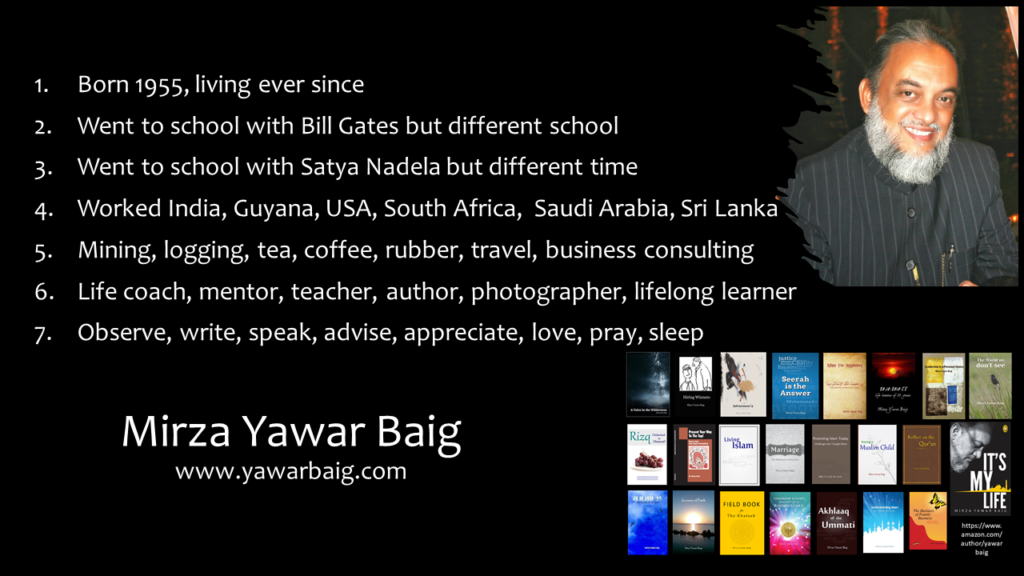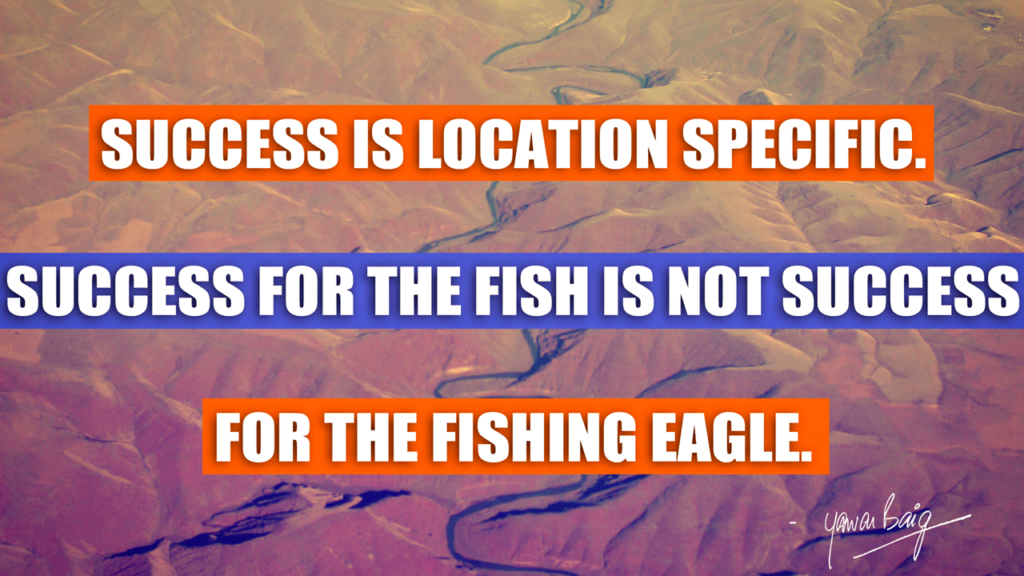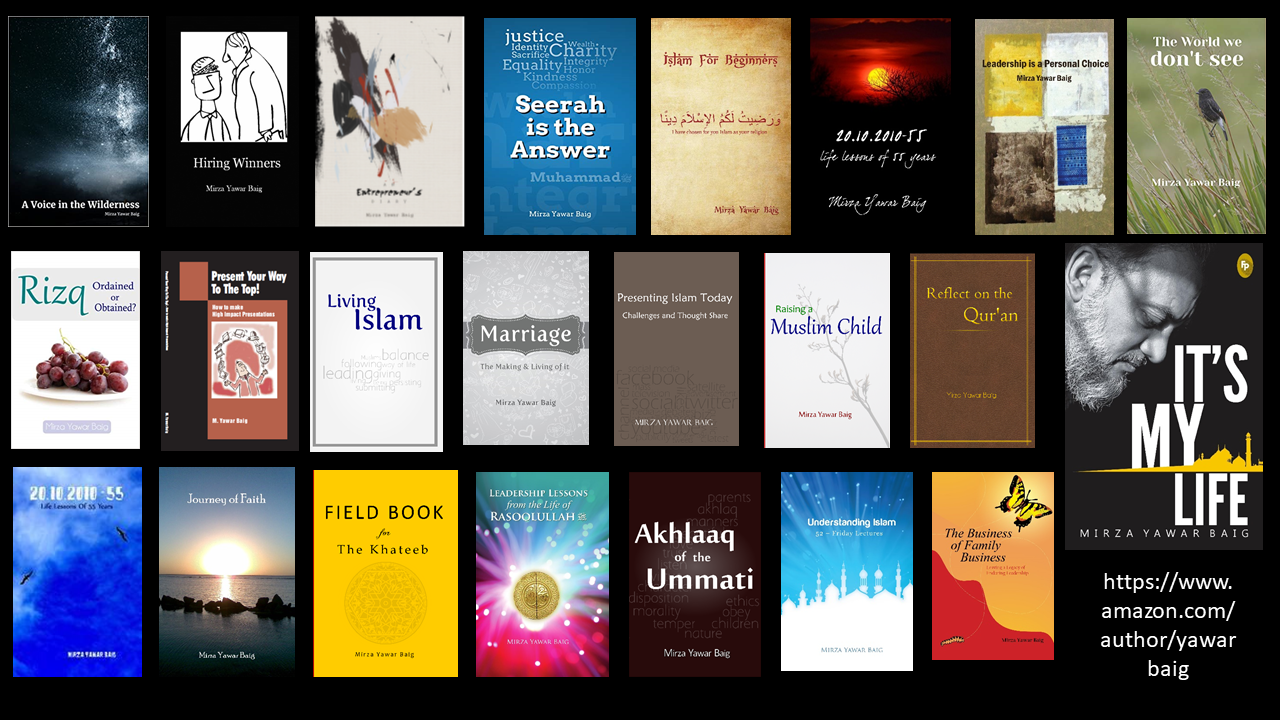
I went to Harvard.
So what?
I am an IT wizard.
So what?
I am a 747 pilot.
So what?
I am a cardiac surgeon.
So what?
You get it? You’re hired
Try to sing that if it helps you to remember this – but this is the No. 1 rule to CV writing. Answer the question in the mind of the reader: SO, WHAT?
I know this may sound rude to some of you, but you decide if you want to be hired or not. You need the job, not me.
So, what?
Those two words will make your CV fly or crash. I mean, how your CV answers them for the one reading your CV. That is what the hiring manager asks when he reads your CV. He will call you for an interview only and only if he understands how all that you have mentioned, can help him to achieve his aims. Hiring managers don’t read CVs for entertainment or because they are at a loose end and don’t know what to do that afternoon. They don’t read CVs to find someone to call and take out for a cup of coffee. If you are saying, “Don’t just read the CV. Call me. Talk to me”, then I would say to you, “Wake up!” Why would I want to talk to you? What in your CV is telling me, to call you? Give me a reason.”
Remember hiring managers are looking at CVs day in and day out and in their nightmares. And the only reason they look at CVs is because they get paid to do it. Every CV they read is telling them that it is the CV of someone who thinks that he is god’s gift to mankind. Remind yourself that the only one who probably believes that, apart from yourself, is your mother. And if your mother was hiring, you wouldn’t need a CV.
Hiring managers, like you, are interested in themselves, in their own goals – both organizational as well as personal and they are looking around to see who can help them achieve those goals. Incidentally in case that makes you believe that all hiring managers are selfish …. remember that should be your focus – that’s your USP… to make sense to him/her in their perspective.
If you want to get hired, think of them. Not yourself.

Here are 10 – things to remember when writing your CV?
1. Speak the truth in the CV because you’ll have to live by it. Calling an ass ‘a transportation system’ is allowed, but you may be pushing it. Decide if you are a rabbit or a monkey. Don’t apply for a tree climbing job if you are a rabbit. No amount of positive thinking will get you up a tree if you are not capable of climbing.
2. Put yourself in the shoes of the hiring manager and try to understand his world. Speak to someone like him, if you can so that you will get an idea of what they are looking for.
3. Then see if you can position your CV to attract their interest.
4. Your CV is not a record of your life. It is bait for the hirer to swallow. It is an invitation for them to call you. It must speak to them. It’s not for you. It’s for them.
5. All hiring managers read only one page of the CV – the first. They have a deep-seated reluctance to turn the page. So, whatever you write from Page 2 onward will remain in a pristine unread condition. So why write it?
If you think that you have lived so long and done so much that the story can’t be told in one page, write your autobiography. Not your CV.
I lived and worked on 3 continents for 45 years, in bauxite mining, tea and rubber planting, logging, and saw milling, and schooling. I’ve spoken at international conferences, taught and teach leadership to teachers, parents, technologists, clergy, police officers, parliamentarians, and students, and I’ve written 40 books. I’ve negotiated agreements with communist unions, and advise major business families on how to make their businesses ‘generation proof’ and I have a daily podcast with a global footprint. If I can still have a one-page CV, ask yourself why you can’t.
In case you didn’t notice, I just did that in one paragraph, not even one page. It can be done, believe me.
6. The CV is your face. Make it as simple, uncomplicated, neat, correct, and impactful as you can. Spelling and grammar mistakes are inexcusable and give a clear message about your thoroughness and professionalism or its absence. If you can’t even show it on your CV, what hope of showing it in practice if you are hired? I have a rule when I am reading CVs. If there is a grammatical mistake, I let it pass. If there is a spelling mistake, it hits my trash can. Proves that gravity exists and that I don’t have time for someone who doesn’t have time for himself.
7. There is no such thing as one standard CV for all jobs. Apart from your name, everything else must change to speak to the reader. Feel free to highlight details of your experience which will make sense to the reader in their context.
8. Remember the FM station that everyone, especially hiring managers listen to. It is called WiiFM – What’s in it For Me? Everything in your CV must answer that question for them. It is not about what you can do, but what you can do for them. Remind yourself that the hiring manager is not hiring you as their good deed for the day. Hiring someone doesn’t qualify as charity.
9. Jargon, clichés and such like are a good way to ensure that your CV hits the bottom of the garbage can with great alacrity. Remember that the hiring manager has heard and read it all – and reading it again is boring while shredding it is fun.
10. Numbers speak louder than words – so use them. We are conditioned to believing numbers. ‘3 – ways to succeed’ sounds more impactful than, ‘Some ways to succeed.’ 10 – things to remember sounds better than – Some things to remember.
Okay, so that is enough advice about how to write a good CV. Now write it. Then read it aloud. Show it to someone else. And be prepared to delete and re-write it, maybe 10,000 times.
After all, if you don’t have a job yet, you may as well spend time polishing your CV.

Loved the punch of this writing – telling it straight, hard and true. Must read for people attempting to write their resume. Good fun reading too.
Love it. The thrust of this article makes me realise the worth of action over speech. Yes, CVs sell but character and reputation precedes you. What you say is so important and relevant that I believe this article should be given to pupils in school to read and study. Appearance and reality is like oil and water. They just don’t mix. The 10 things are on point and really important to know and keep in mind. Thank you.